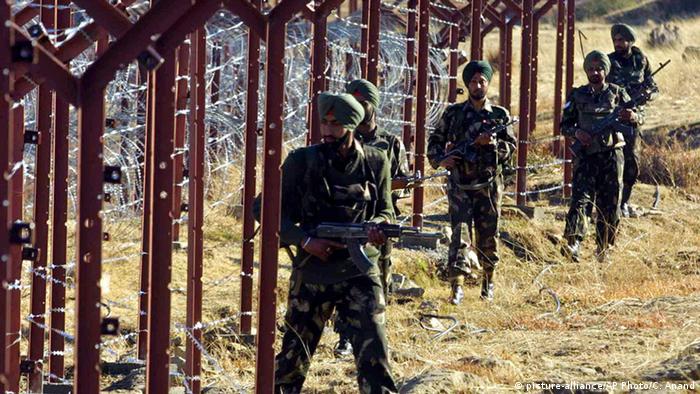By
The weekly firestorm in the 2016 presidential campaign was lit Thursday in Ohio by Hillary Clinton when she likened GOP candidates’ views on women to those of terrorists.
“What an obscene person,” was the reaction of Ohio Republican Chairman Matt Borges.
Ohio Right to Life’s Michael Gonidakis tweeted: “If HRC can’t tell difference b/t pro-life supporters & murderous rapists in ISIS it’s no wonder she messed up Benghazi so badly!”
Republican National Committee press secretary Allison Moore called for an immediate apology “for her inflammatory rhetoric.” Moore said, “For Hillary Clinton to equate her political opponents to terrorists is a new low for her flailing campaign.”
While saying “this election can’t be a race to the bottom” in her first official Ohio campaign speech this year, Clinton took shots at Ohio Gov. John Kasich as well as other GOP presidential hopefuls for their anti-abortion stances and calls to defund Planned Parenthood.
“I would like these Republican candidates to look the mom in the eye who caught her breast cancer early because she was able to get a screening for cancer, or the teenager who didn’t get pregnant because she had access to contraception, or anyone who’s ever been protected by an HIV test,” Clinton told several hundred supporters at Case Western Reserve University in Cleveland.
“Now, extreme views about women? We expect that from some of the terrorist groups. We expect that from people who don’t want to live in the modern world. But it’s a little hard to take coming from Republicans who want to be president of the United States.”
Clinton’s swipe at Kasich — she didn’t mention him by name — came in response to the 2013 state budget bill he signed that included a ban on state-funded rape-crisis centers counseling women about abortion, although she characterized it a bit differently.
“Hillary Clinton’s trail of scandal is decades long and only continues to worsen,” said the Kasich campaign in a statement. “Not surprising she thinks the only way for her to compete in Ohio or elsewhere is to launch negative attacks against John Kasich.”
Otherwise, Clinton’s talk on a cool, partly sunny day stuck close to her standard stump speech. The former secretary of state never mentioned the email controversy dogging her campaign. She is under fire for using her personal email server instead of the State Department’s; investigators are determining whether that put classified information at risk. The issue is prompting Vice President Joe Biden to consider entering the Democratic race.
A day after the shooting deaths of two TV journalists in Virginia, Clinton said she would tackle the gun issue even though past attempts have fallen short.
“I’m not going to sit by while more good people die,” she said.
“I strongly believe we’ve got to have common-sense reforms to keep weapons out of the hands of criminals, the violently unstable, domestic abusers and even terrorists, who find it pretty easy in our country to get ahold of a weapon if they so choose,” she said. “It’s time to really come to grips with this.”
She cited the case of 12-year-old Tamir Rice, who was fatally shot by a Cleveland police officer nine months ago while playing with a pellet gun.
“He should be alive,” Clinton said, calling for a frank national discussion on the issues of race, justice and guns. “We do have to stand up and say loudly and clearly, black lives matter.”
The former first lady also took a new tack in saying both her husband and Barack Obama inherited ailing national economies from their GOP predecessors.
“I don’t think President Obama gets the credit he deserves for pulling us out of that ditch,” she said.
But Clinton added, “I’m not running for President Obama’s third term. I’m not running my husband’s third term. I’m running for my first term.”
Her visit comes as a new national poll shows that Biden does slightly better in prospective matchups against top GOP presidential candidates.
For example, Clinton tops Rubio by 1 point, Bush by 2 points and billionaire Donald Trump by 4. Biden beats all three but by margins of 3, 6 and 8 points respectively. The poll’s margin of sampling error is plus or minus 2.5 percentage points.
And when asked an open-ended question about the first word that comes to mind for Clinton, “liar” is far and away the leader, followed by “dishonest” and “untrustworthy.” In a separate query, barely a third said she is honest and trustworthy.
In all, 51 percent in the Quinnipiac University Poll said they viewed Clinton unfavorably, compared to 39 percent with a favorable view. Perhaps more politically significant, 61 percent of independent voters are in the “unfavorable” column, just 28 percent are part of the “favorable” group. Among various demographic groups, only black and Hispanic voters have a favorable opinion of her.








